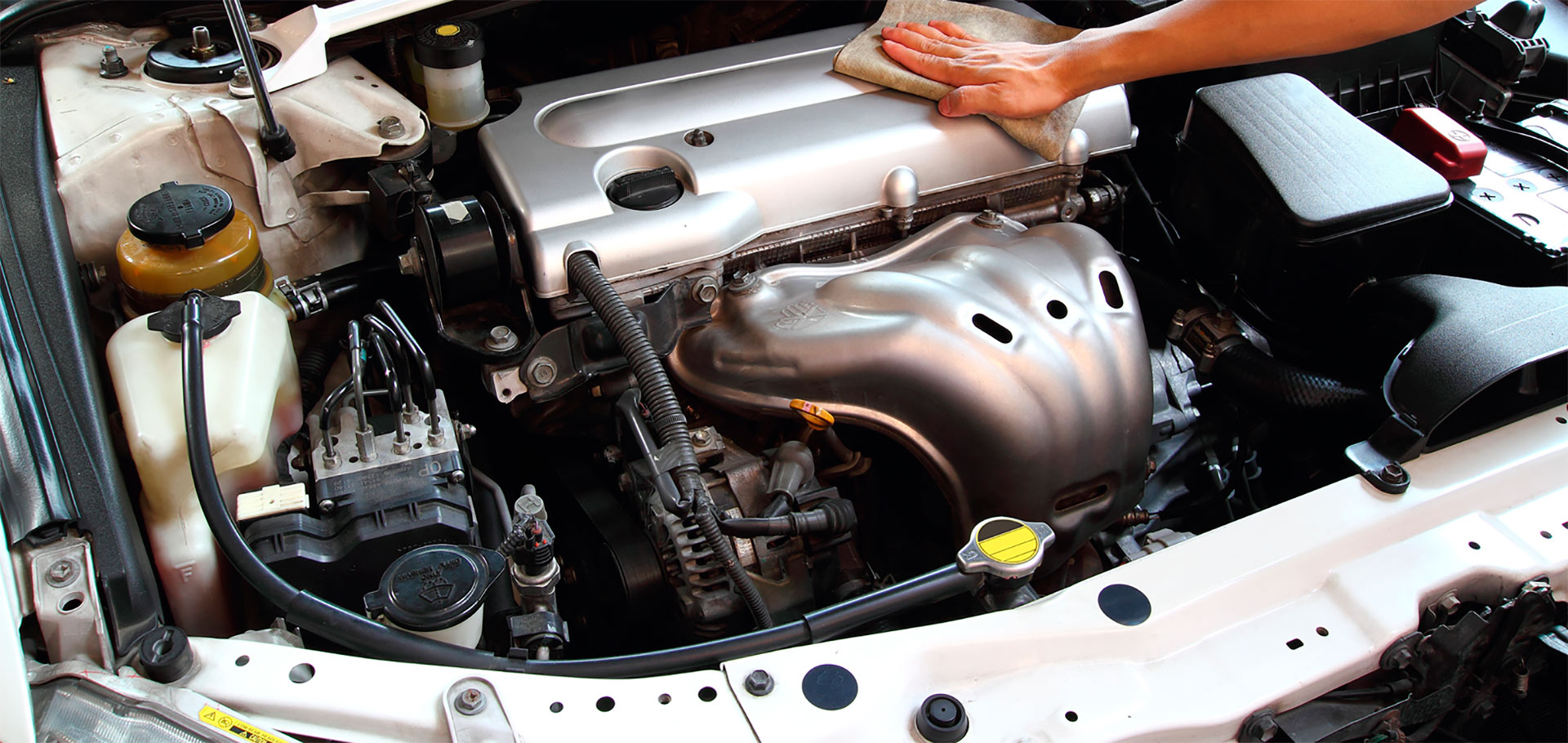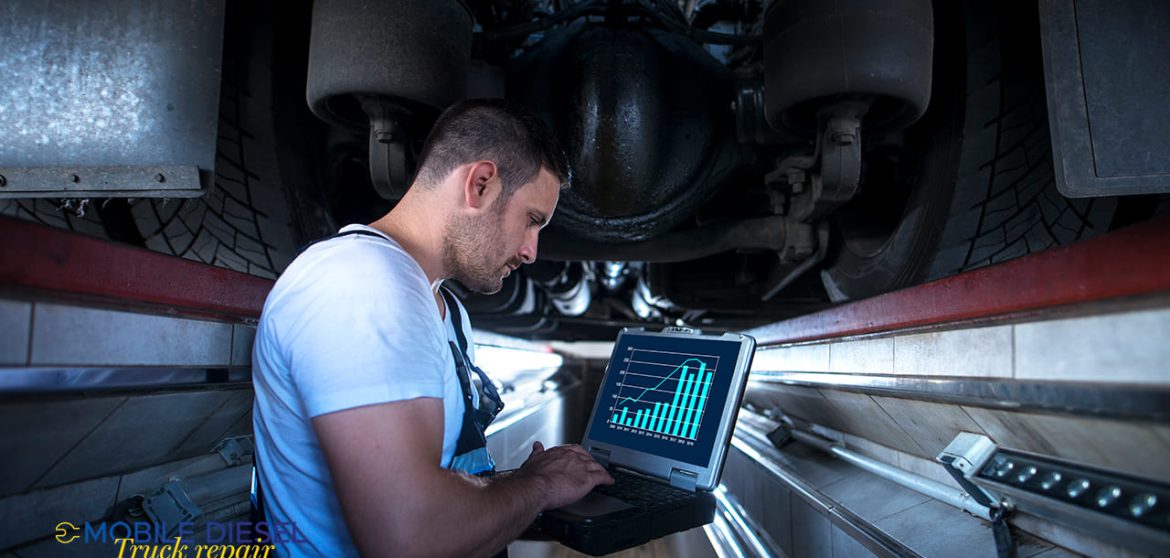Essential Truck Maintenance Tips Every Owner Should Know 2026
Large trucks need regular care to keep working safely and reliably. Neglecting routine upkeep leads to lots of problems down the road. Save money by finding minor issues before they require big repairs. This post shares key tips for owners on doing regular truck inspections and services at home between professional mechanic visits. These basic maintenance habits prevent headaches and keep haulage operations running smoothly all year.
Table of Contents
ToggleRegular Oil Changes
Fresh clean engine oil is like lifeblood keeping precision components working flawlessly together inside motors. Old contaminated oil filled with accumulated metal shavings and combustion byproducts loses viscosity and lubrication abilities failing to prevent rapid wear.
Just like humans need blood filters, oil filters also clog up straining circulation. Replacing used blackened fluid and filters every 5,000 miles with high-quality oils specifically recommended by truck makers keeps all oiled components like bearings, valve trains, and turbochargers functioning in the best way for a long life. Skipping changes risks ultimately expensive failures down the road.
Check sight glasses monthly for adequate levels and top up using the same oil type if low. Following optimal drain intervals prevents metal-on-metal engine damage costing far less than premature service from neglected fluids.
Check Tire Pressure
Bulging side walls or cracking treads indicate tires are underinflated well below suggested pressures and unable to handle heavy truck loads. Tires naturally leak air slowly through porous rubber but dramatically heat up while driving from friction flexing sidewalls.
Checking cold pressures weekly before hauling saves big on expenses from rapidly worn tire replacements. In addition to wearing quicker, low pressures reduce stability making blowouts more likely plus requiring burning extra diesel and working harder lugging loads on soft flexing rubber.
Tires filled overly firm also reduce stopping grip. Use quality calibrated truck air gauges only for accuracy.
Top up with air whenever readings dip 10% under the listed tire’s maximum pressure printed on siding walls for ideal performance.
Inspect Brakes
Bulging side walls or cracking treads indicate tires are underinflated well below suggested pressures and unable to handle heavy truck loads. Tires naturally leak air slowly through porous rubber but dramatically heat up while driving from friction flexing sidewalls.
Checking cold pressures weekly before hauling saves big on expenses from rapidly worn tire replacements. In addition to wearing quicker, low pressures reduce stability making blowouts more likely plus requiring burning extra diesel and working harder lugging loads on soft flexing rubber.
Tires filled overly firm also reduce stopping grip. Use quality calibrated truck air gauges only for accuracy.
Top up with air whenever readings dip 10% under the listed tire’s maximum pressure printed on siding walls for ideal performance.

Clean Air Filters
Air intakes clog gradually as dust/debris accumulates decreasing airflow to engines. Without ample oxygen for mixing fuel combustion, horsepower drops drastically alongside possible overheating dangers while pistons bear higher friction forces.
Blocked filters also trick sensors adjusting fuel injectors incorrectly wasting diesel. Monitor gauges for intake restrictions monthly. Inspect paper or oiled cotton elements by tapping filters and dislodging particles until relatively clean without tearing materials.
Replace disposables like folded paper units every 25,000 miles religiously. Carry spares as backups for longer trips crossing construction zones stirring up extra dust. While aftermarket reusable filters seem money-saving, be cautious on quality – incorrect materials damage engine components now costing major repairs down the road.
Monitor Coolant Levels
Coolant fluid maintains optimum operating temperatures inside engines transferring heating away from cylinders consistently.
Overheating risks expensive warping damages internally when engines can’t discharge built heat efficiently. In contrast, stuck thermostats prevent warming engines sufficiently promoting higher exhaust emissions and excess diesel fuel usage trying to reach ideal temperatures. Coolant levels naturally deplete over months through evaporation even without leaks.
So check overflow tanks and radiators monthly for adequate amounts using manufacturer-approved antifreeze mixtures to protect components from winter freezing or summer boiling overs.
Schedule periodic pressure tests inspecting for difficult-to-reach internal coolant passages internally eroded from acidic compounds needing professional flushes.
Transmission Fluid Check
Like engines, transmissions generate tremendous friction heat stress and need sufficient viscous lubricating fluids to protect precision shafts, gear sets, and bearings from premature wear that scores metal surfaces and rapidly accelerates failures requiring rebuilds.
Transmission fluid breaks down over time, losing viscosity and cooling ability to transfer power properly when exposed to repeated heat and stress cycles.
Inspect dipsticks monthly to check fluid levels.
Change transmission fluid based on usage, not arbitrary mileage intervals.
Replace fluid using manufacturer-approved types only.
Catching deteriorating fluid early makes a huge cost difference by preventing transmission overhauls that become likely when neglect continues until gear grinding begins, signaling already serious damage.

Grease Moving Parts
Vital suspension, steering, and brake components contain unsealed high-movement pivot points needing regular fresh grease packing preventing rust seizure or noisy operation plus greatly lowering repair bills from excessive wear. Every month, use quality multipurpose grease injected into tie rod ends, ball joints, control arm bushings, spring pivots, and brake hardware guides wetting contact zones between metal components.
Lubricate Suspension and Steering Components
Park on ramps gaining access underneath vehicles for hard to hard-to-reach points. 12-volt powered grease guns with long flexible hoses provide the advantage of pumping lubricants deeply into tight spots that manual lever units can’t reach. A few minutes of greasing makes big savings preventing rapid wear on these intricate truck systems.
Battery Maintenance
Given every vehicle system depends on consistent battery output charging from alternators, keeping batteries unconditioned for winter temperatures, topped up with distilled water, and corrosion cleaned off makes huge cost differences by avoiding being stranded with no-start conditions far from help.
Cold temperatures sap voltage while corrosion resists flow. Check connections are clean and tight monthly to prevent resistance from draining power.
Load test annually indicating remaining capacity. Compare against manufacturer’s recommended ratings for particular truck uses possibly requiring upgrades to dual commercial units. Don’t get caught with dead starter batteries in below-freezing winter temperatures.
Spend wisely now on preventative maintenance – pay the consequences later.
Inspect Belts and Hoses
Serpentine belts relay mechanical turning force spinning pulleys operating components like alternators, water pumps, and power steering. Cracked, loose belts slip failing to spin accessories correctly. Examine belts for defects and listen for squeaks signaling re-tightening or swaps soon.
Ensure the cooling system, turbo oil, and diesel exhaust fluid hoses stay leak-free not dripping essential compounds.
Examine Exhaust System
Chuffs, rattles, or high-decibel cabin drones indicate exhaust system faults permitting harmful fumes to enter or failing mandatory noise limits. Look for weakened sections needing replacement, especially on emission control systems. Loose mountings also leak dangerously.
Verified protective heat shields haven’t slipped, also being mandatory in some jurisdictions. Catching small leaks early prevents huge fines down the road.
Test Lights and Signals
Non-working exterior truck lights left unfixed lead to dangerous visibility when hauling overnight plus fines if stopped by enforcement. Check headlights high/low beams, brake/tail, clearance, marker and turn signal lights function properly monthly.
Replace defective bulbs immediately using matching wattage avoiding LED swaps in certain housings. Keep spare common bulbs onboard to meet regulations in case trailers blow bulbs mid-route.
Monitor Fluid Levels
Topping up wiper fluid, power steering reservoir, and clutch hydraulics monthly only takes minutes versus stuck compartments failing on the roadside and later being unable to steer properly or shift gears.
Mark reservoir sight windows when new for quick visual indicators of dropping levels signaling drips possibly from damaged internal seals needing workshop diagnoses.
Keep spare jugs of approved transmission and hydraulic oils in tool lockers for unexpected emergencies.

Wheel Alignment
If a truck pulls left or right while driving straight and needs constant steering correction, wheel alignment likely needs fixing.
Misaligned tires roll unevenly, which wears out tire edges quickly and reduces fuel economy as the engine works harder against resistance.
Have repair shops align both truck and trailer axles together once a year or immediately after replacing worn front struts.
Properly aligned trucks brake in a straighter line, helping prevent dangerous jackknife accidents.
Inspect Suspension System
Harsh bouncy rides indicate worn shock absorbers unable to dampen sufficiently while airbag suspension leaks down over time becoming non-functional. Inspect shocks for leaking seals needing replacement.
Test rear airbags haven’t developed slow leaks occasionally requiring topping up air pressure to meet recommended ride heights especially when loaded. Catching either issue early provides safer trips plus healthier spines!
Keep a Maintenance Schedule
Print a calendar reminder checklist showing mileage for commonly replaced items like filters, belts, and fluids, so they are easy to track against odometer readings.
Schedule annual system inspections before certification renewals to handle repairs during planned downtime instead of rushing later and risking expired registrations or vehicle impoundment.
Following manufacturer-recommended maintenance milestones helps prevent long downtime caused by neglected repairs building up suddenly.
Conclusion
Small preventive diesel truck maintenance steps make huge cost and headache differences long run. Regularly inspecting parts plus sticking to all scheduled system fluid changes increases safety, optimizes fuel economy, and extends longevity minimizing downtimes.
Implementing these do-it-yourself tips between professional mechanic servicing saves thousands over a rig lifespan. Keep trucks running strong mile after mile through consistent upkeep habits using recommended parts.
Contact us
Maintaining your truck is essential for its longevity and performance. Regularly check fluids, tires, brakes, and lights to ensure everything is in top condition. Keep
a maintenance schedule and stick to it, addressing issues promptly. Cleanliness matters too; regularly wash your truck to prevent corrosion. Finally, invest in professional inspections periodically to catch any potential problems early and keep your truck running smoothly for years to come.
Phone: +1 469 -617-2028


